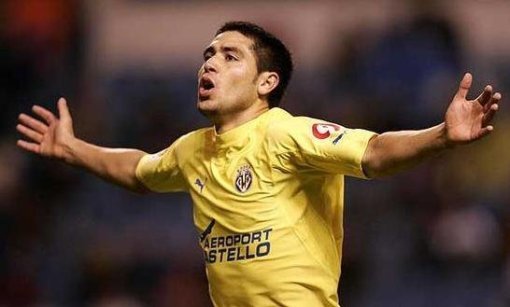Based in Castellón, the northern district of Valencia; a team whose nickname resides from a Beatles song have been making an impression in Spain and Europe for the past seven seasons. The Yellow Submarines were notoriously a club which hovered around the lower depths of Spanish football and it was not until 1970 before they even reached the Segunda Division. However, since 2000, Villarreal have been a mainstay in La Liga, establishing themselves as European contenders virtually every season. Unlike Alavés, Real Betis or Celta Vigo before them, they have been able to achieve consistency, which the others failed to do with subsequent relegations only years after European qualification. So how has this little team, whose El Madrigal stadium holds only 25,000, been able to punch above their weight?
The strategy has consisted of thorough scouting. South America is a hotbed for talent, with abundance to choose from and players being relatively cheap and Villarreal have found the perfect model to make money. The likes of Diego Godín, Gonzalo Rodríguez, Birmingham flop Luciano Figueroa, Martín Cáceres and Antonio Valencia have all become successful internationals that have been sold for a profit or in Gonzalo’s case, stayed and become a proven talent. With such a vast array of talent, the B team helps to nurture these prospects, and they are now in their third consecutive season in the Segunda Division. Of course by signing youngsters in profusion, you are bound to sign the odd flop. Players like Sebastián Battaglia, Damián Escudero, Mariano Barbosa, Sebastián Viera and American Jozy Altidore did not live up to their potential, but the scheme is generally successful, and you only have to look at the current crop making strides in La Liga like Jefferson Montero, Matteo Musacchio and Marco Ruben to see that the production line is continually developing new faces.
The next stage to help aid these talents in development is sign experienced players who have the hunger, and whose wages won’t strain the club’s budget. Boca Juniors legend Martín Palermo was one of the first to travel, along with teammate Gustavo Barros Schelotto at the turn of the Millennium, but both proved unsuccessful. Juliano Belletti, the man who scored the winning goal for Barcelona in the 2006 Champions League final, got his first taste of European football at Villarreal. Then you have one of the greatest signings in El Submarino Amarillo’s history, Marcos Senna. Plucked from Brazilian football as a relative unknown, the holding midfielder eventually became captain in 2005. His biggest impact perhaps was for the national team. Nationalised in 2006, he became a key figure for Los Rojo for four years, with his greatest moment winning Euro 2008, Spain’s first title in 44 years.

Recent Comments